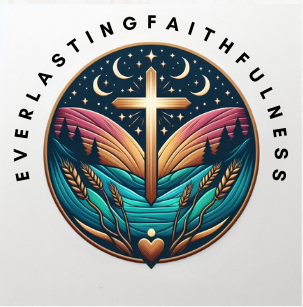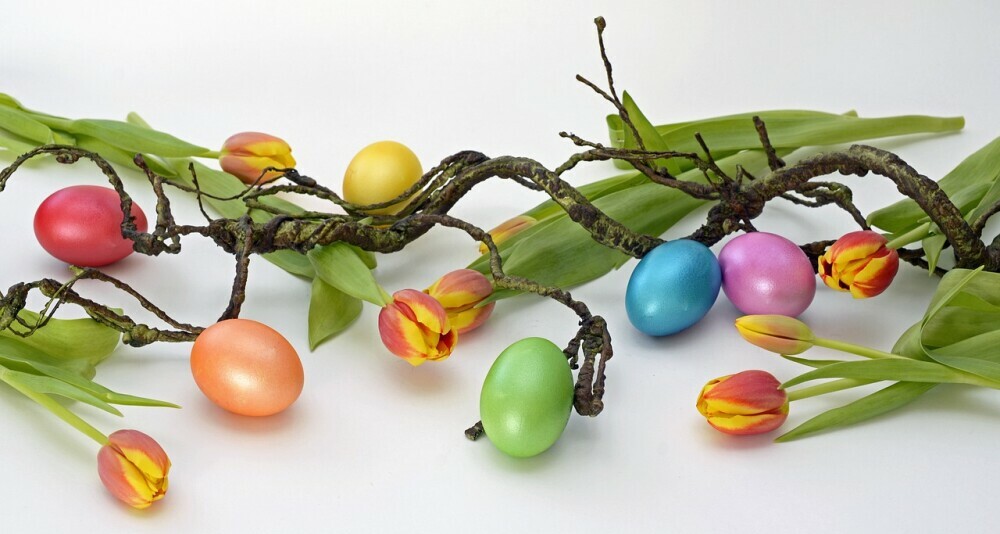Easter Celebrations Around the Globe
Easter Sunday, a joyous occasion that marks the resurrection of Jesus Christ in Christian tradition, is celebrated with great fervor and diversity around the globe. While the essence of the day remains rooted in faith and spirituality, the cultural custom of Easter is rich with unique customs, traditions, and festivities that reflect the diversity of human expression and belief. Today I will explore the multicultural facets of Easter and the colorful traditions that make this holiday a truly global celebration.
Introduction to Multicultural Easter:
Easter is more than just a religious observance; it’s a time when communities come together to celebrate the arrival of spring or autumn pending on what country you are from, it brings new beginnings, and the spirit of hope. Across continents and cultures, Easter is marked by a blend of ancient rituals, modern customs, and symbolic representations that resonate with themes of rebirth and rejuvenation.
Significance of Easter Sunday Across Cultures:
While Easter Sunday holds central importance in Christian faith as the day of Jesus Christ’s resurrection, its significance goes beyond religious boundaries. Many cultures view Easter as a time to welcome the changing seasons, embrace new life, and honor age-old traditions that symbolize renewal and growth.
Unique Easter Customs:
Eastern European countries such as Poland, Ukraine, and Russia have distinctive Easter customs, including intricately decorated eggs (pysanky), traditional breads (paska), and elaborate Easter baskets blessed in church ceremonies. These traditions blend Christian symbolism with ancient pagan rituals, creating a rich custom of cultural heritage.
Western Traditions:
In Western countries such as the United States, Canada, and many European nations, Easter Sunday is often associated with a mix of religious observances and secular customs. Families gather for Easter Sunday services at churches, followed by festive meals that feature traditional dishes such as roast lamb, ham, and hot cross buns. Children delight in Easter egg hunts, where colorful eggs hidden in gardens or parks are eagerly sought after.
‘Semana Santa’ Processions and Celebrations:
In Spain and many Latin American countries, Semana Santa (Holy Week) is a deeply rooted tradition marked by solemn processions, elaborate floats depicting biblical scenes, and passionate reenactments of Christ’s journey to the cross. These processions are accompanied by religious chants, incense, and a sense of reverence that unites communities in shared faith and devotion.
Philippines’ ‘Salubong’ Tradition:
In parts of Asia, such as the Philippines and South Korea, Easter Sunday is celebrated with unique cultural expressions. In the Philippines, elaborate processions called “Salubong” depict the meeting of Jesus and Mary after the resurrection, accompanied by music and theatrical performances. In South Korea, Christians gather for sunrise services, followed by family gatherings and meals featuring traditional dishes.
Australia’s Easter Bilby and Culinary Traditions:
In Australia, where Easter coincides with the arrival of autumn, many people take advantage of the long weekend to enjoy outdoor activities. Barbecue picnics, beach outings, and camping trips are popular ways to celebrate Easter Sunday amidst the natural beauty of the Australian landscape. The Easter Bilby has emerged as an alternative to the Easter Bunny, promoting conservation efforts for native wildlife. Australian Easter traditions also include seafood feasts, hot cross buns, and chocolate treats, reflecting a blend of British heritage and local flavors.
Interactive Community Events:
Egg hunts, games, and festive gatherings are common features of Easter celebrations worldwide. From the rolling of Easter eggs in Greece to egg tapping contests in Germany, these interactive events bring communities together in joyful camaraderie.
Faith and Modern Adaptations:
While Easter holds deep religious significance for many, modern adaptations of Easter celebrations often include secular elements such as Easter egg decorations, bunny-themed decorations, and family-oriented activities. These adaptations reflect the evolving nature of cultural traditions and the blending of old and new customs.
Encouraging Cross-Cultural Understanding:
As we embrace the diversity of Easter traditions, it’s essential to foster cross-cultural understanding and appreciation. Easter provides a unique opportunity for people from different backgrounds to share their customs, stories, and culinary delights, fostering unity and mutual respect.
Easter celebrations around the globe are a testament to the richness of human culture and the universal themes of renewal, hope, and community. Whether through ancient rituals or modern festivities, Easter reminds us of the interconnectedness of our world and the beauty of embracing diversity in all its forms.

